The U.S. Supreme Court has rejected a religious freedom challenge stemming from a 2021 Connecticut law that revolves around religious exemption from vaccines and immunization.
This latest rejection comes as many Supreme Court justices, most notably Justice Samuel Alito, have faced controversy thanks to religious viewpoints, which critics worry may influence their decisions in the court.
Connecticut’s 2021 Law
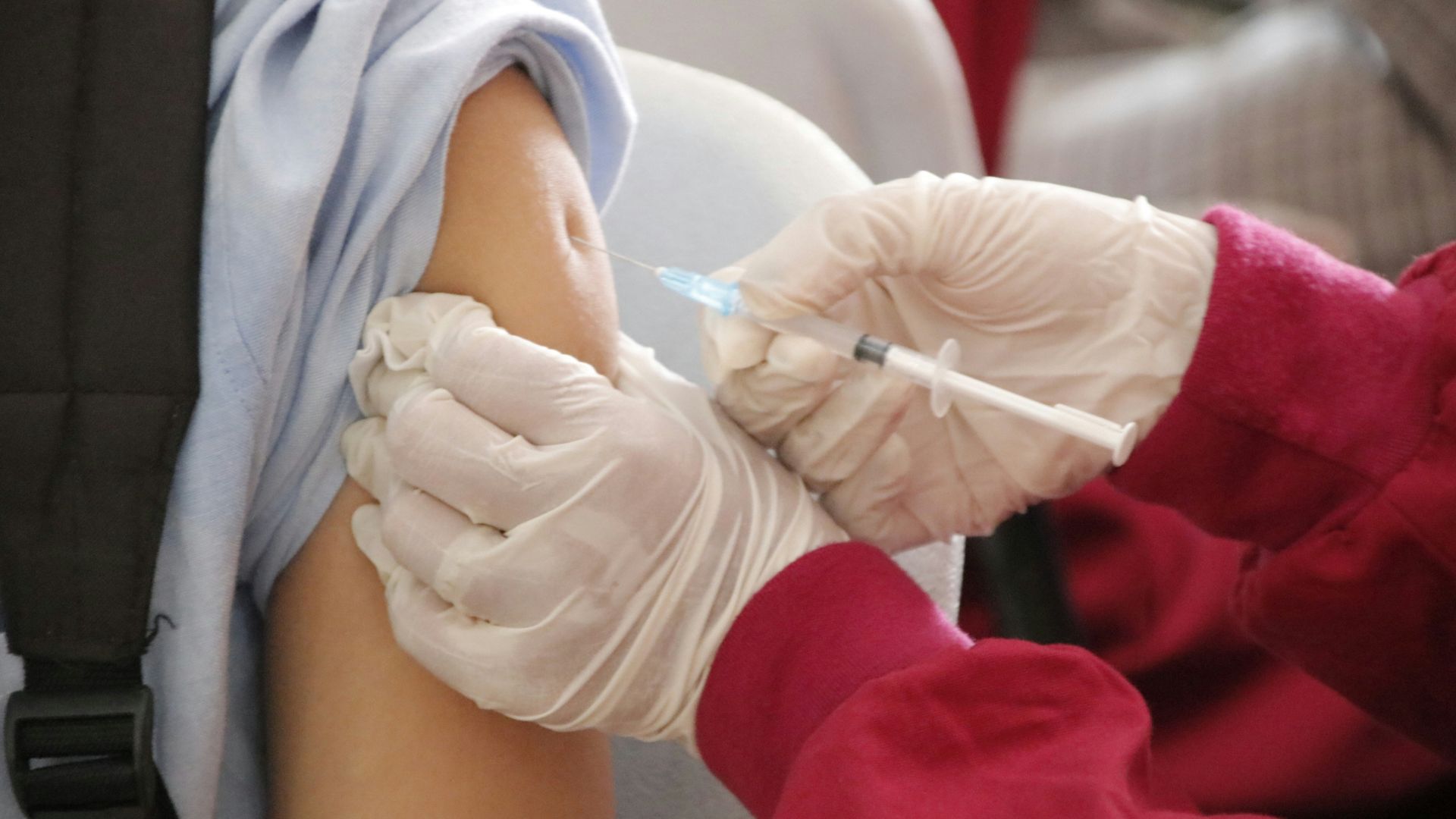
In 2021, Connecticut passed a law that fully eliminated the state’s previous vaccine exemption for schoolchildren. Now, people can no longer be exempt from receiving necessary childhood immunization requirements for public schools, daycares, and colleges.
Before this law was passed, parents could allow their children to be exempt from receiving these immunizations because of their religion. Now, this no longer is applicable in Connecticut.
Receiving Immunizations
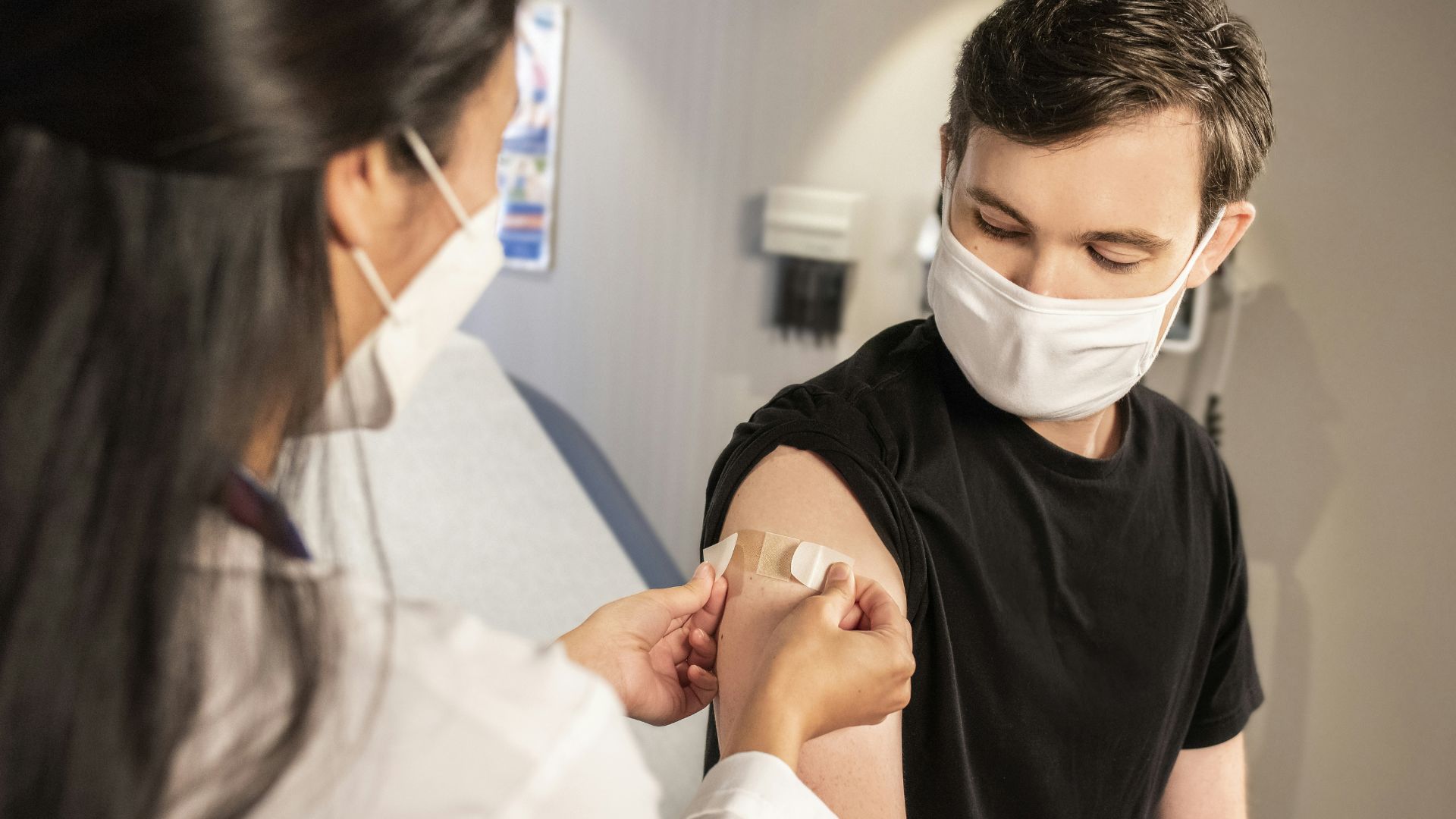
Before children enroll in school in Connecticut, they must receive specific immunizations. However, some medical exemptions can be given.
Religious exemptions are no longer allowed, thanks to this 2021 law. This has caused many critics of the law to state that this new legislation has hindered on their right to freedom of religion.
Vaccination Rates Declined
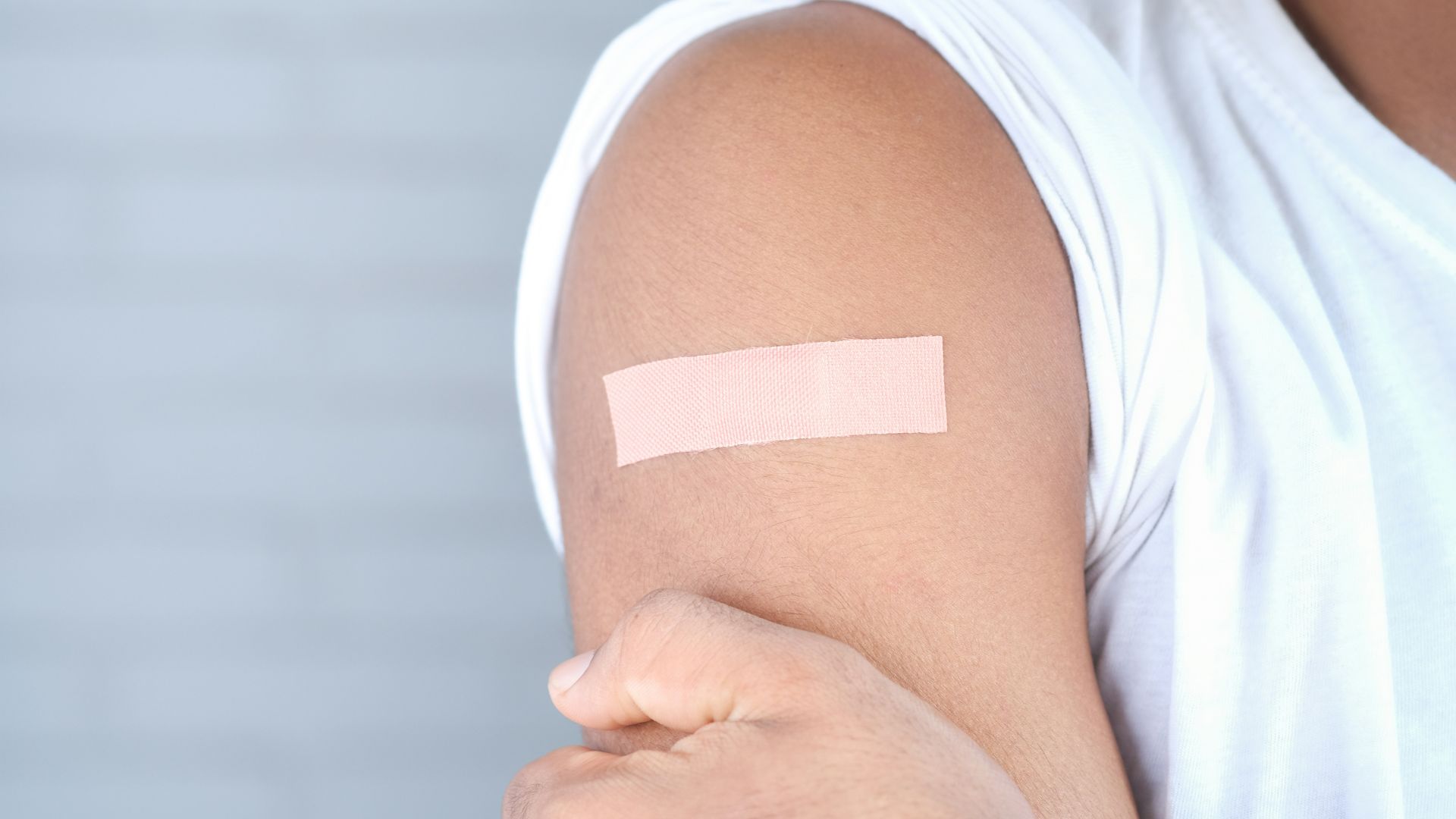
This law was passed during the COVID-19 pandemic amid the realization that many people were using these religious exemption requests, causing a notable decline in vaccination rates seen throughout schools in Connecticut.
This law also was passed during a time when school districts have warned parents of ongoing outbreaks that are only happening because children aren’t properly immunized.
An Exception
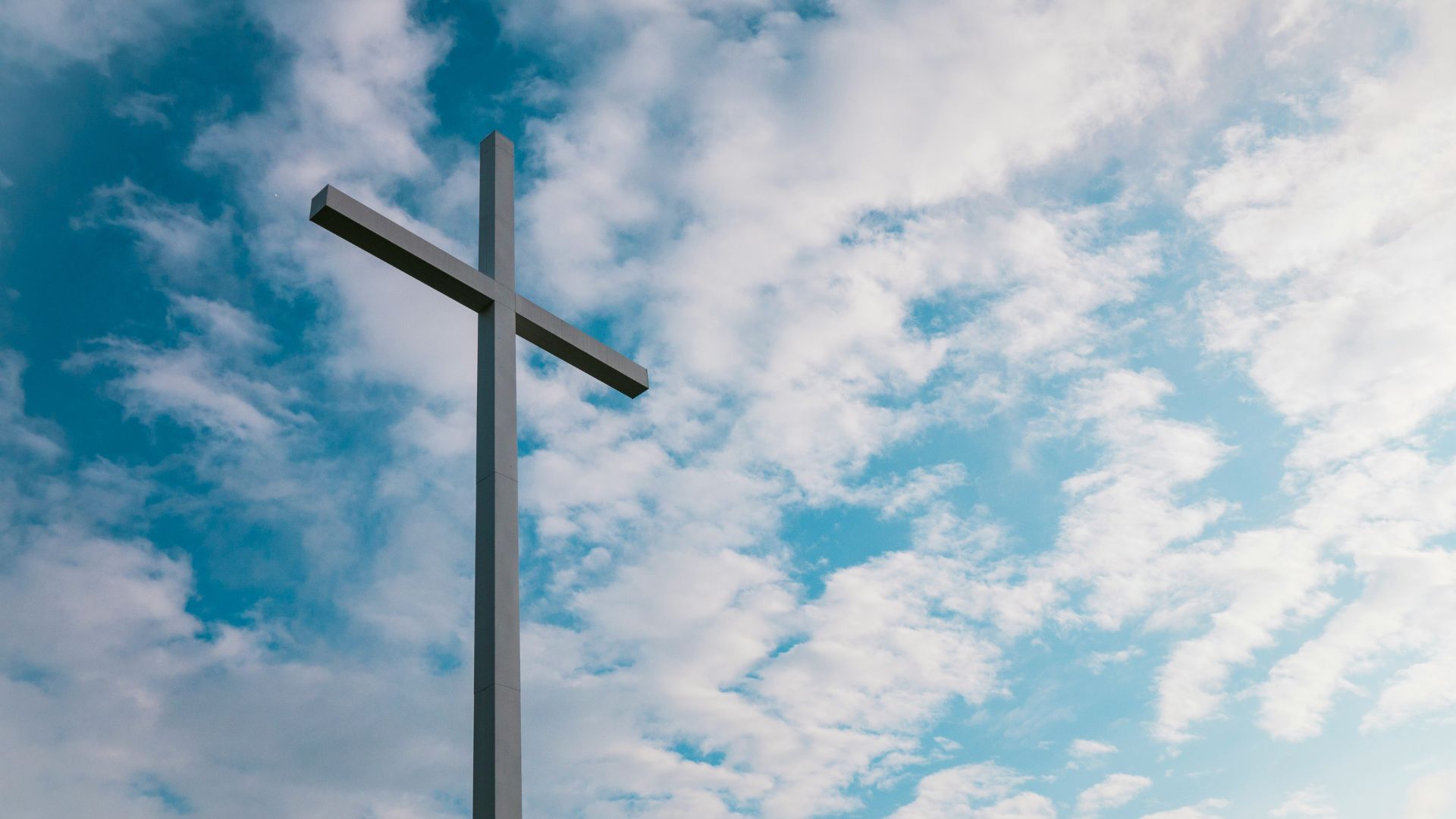
While new students enrolling in Connecticut schools must now prove they have the necessary chickenpox, polio, and mumps immunizations, the law does allow one exception.
Current students enrolled in K-12 schools who have received these religious exemptions from vaccinations do not need to receive any immunizations. They won’t be affected by this law.
The Fight Against Connecticut

This law quickly brought challenges from We The Patriots USA, a group that has legally challenged many vaccination laws throughout the country.
The group has claimed that this law has gone against their right to religious freedom and instead shows hostility to those who are religious in the state.
The Supreme Court’s Rejection
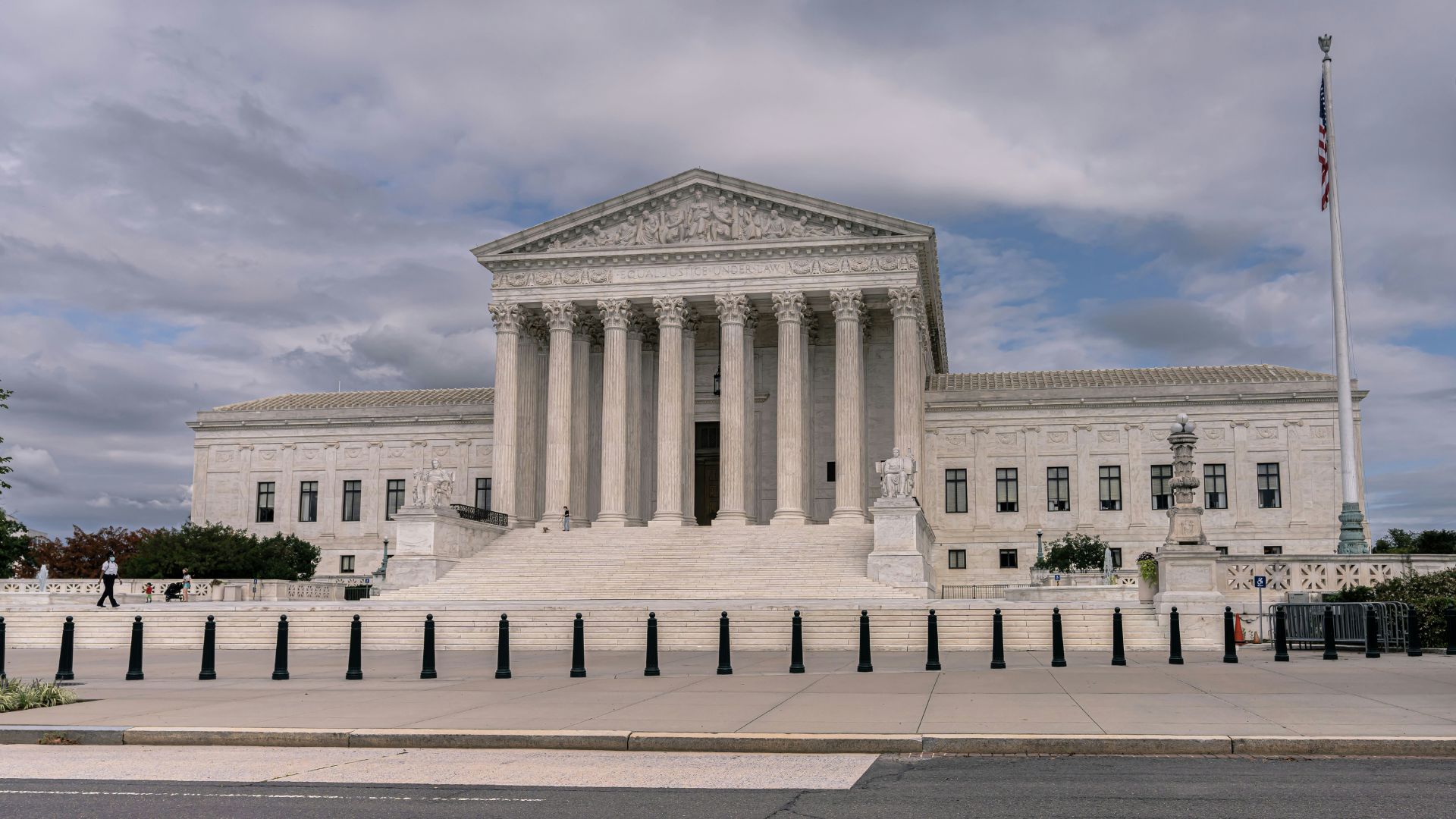
The Supreme Court has rejected this challenge, instead allowing a federal appeals court ruling to be left in place. This ruling upholds the Connecticut law.
Brian Festa, the co-founder and vice president of We The Patriots USA, has called this Supreme Court rejection “disappointing.”
We The Patriots USA Statement
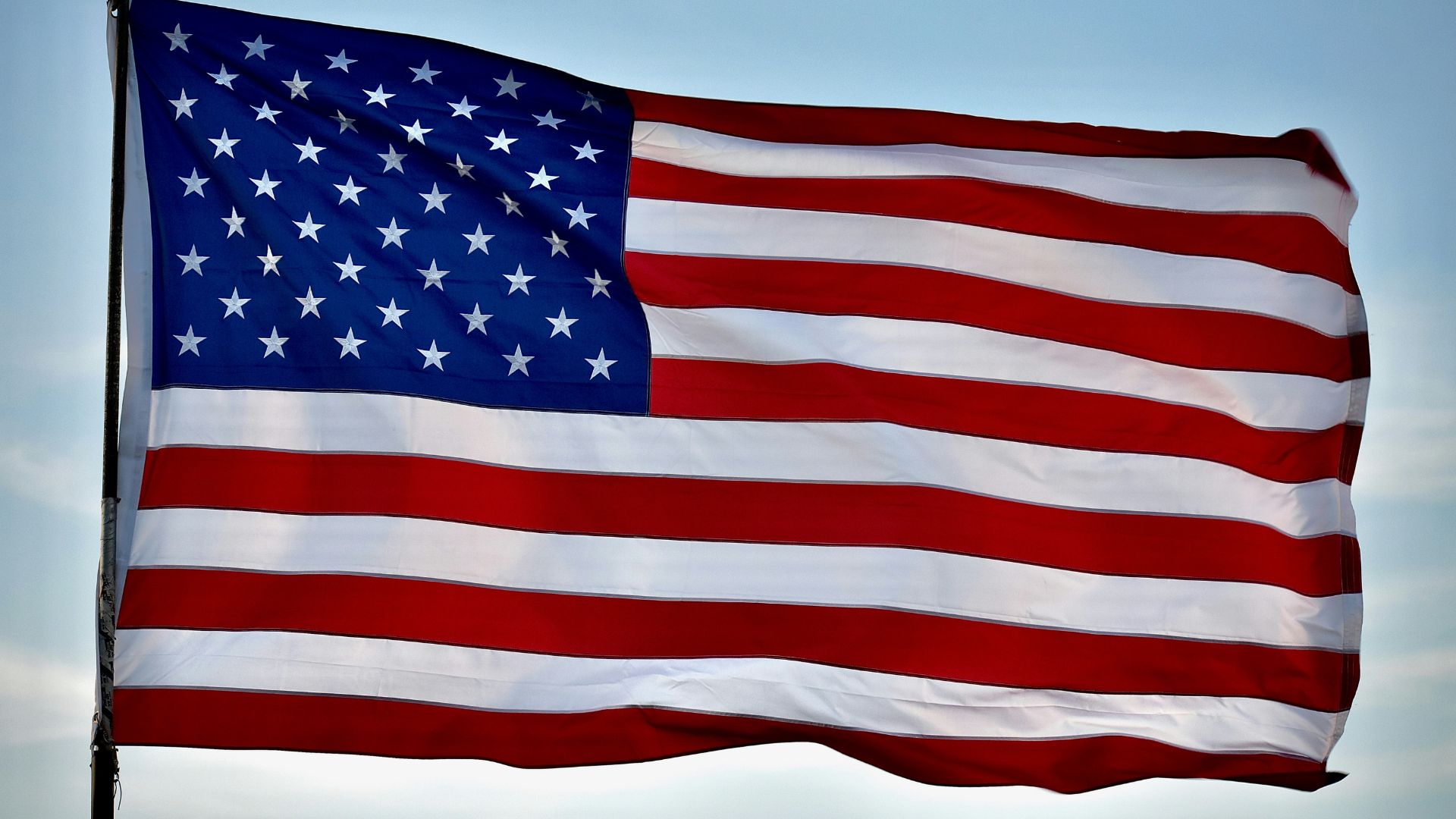
In a press statement released this week, We The Patriots USA expressed dismay at the ruling.
“In a disappointing turn of events, the U.S. Supreme Court this morning issued an order denying certiorari review in our lawsuit to restore religious exemptions for schoolchildren in Connecticut,” said the group.
Sad Day
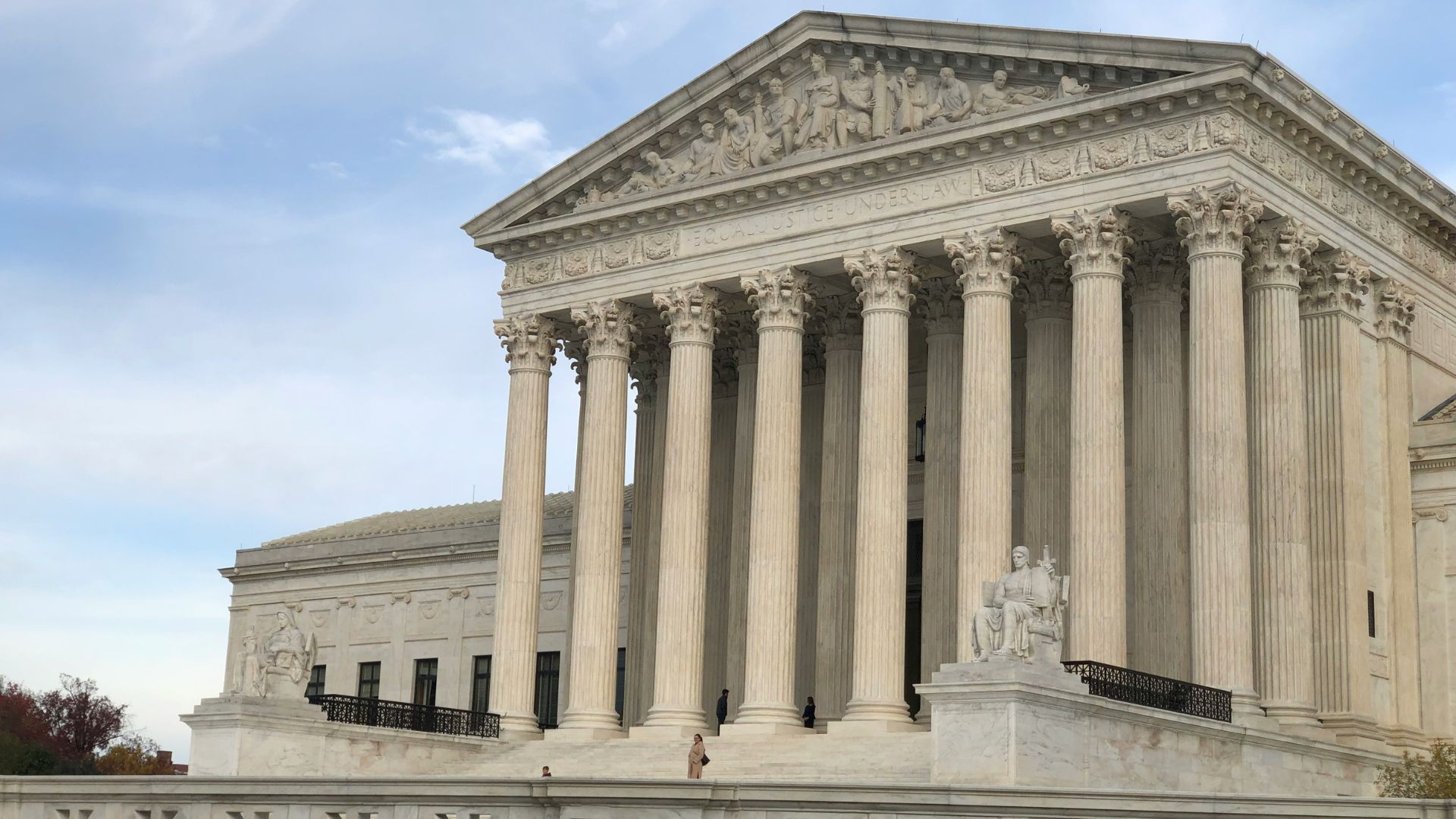
We the Patriots USA felt particularly discouraged by the timing of the ruling, which coincided with the Supreme Court denying review of other religious freedom cases.
“It is a sad day for health freedom and religious liberty in America, as the Court today also denied review in two cases brought by Children’s Health Defense, one against Rutgers University over its COVID-19 shot mandate, and the other against the FDA challenging its licensure of the covid shot for children. It seems clear that the Court is not willing to take up these cases at this time, no matter how well-pled the complaints, or how compelling the facts,” the statement said.
Keeping Spirits High
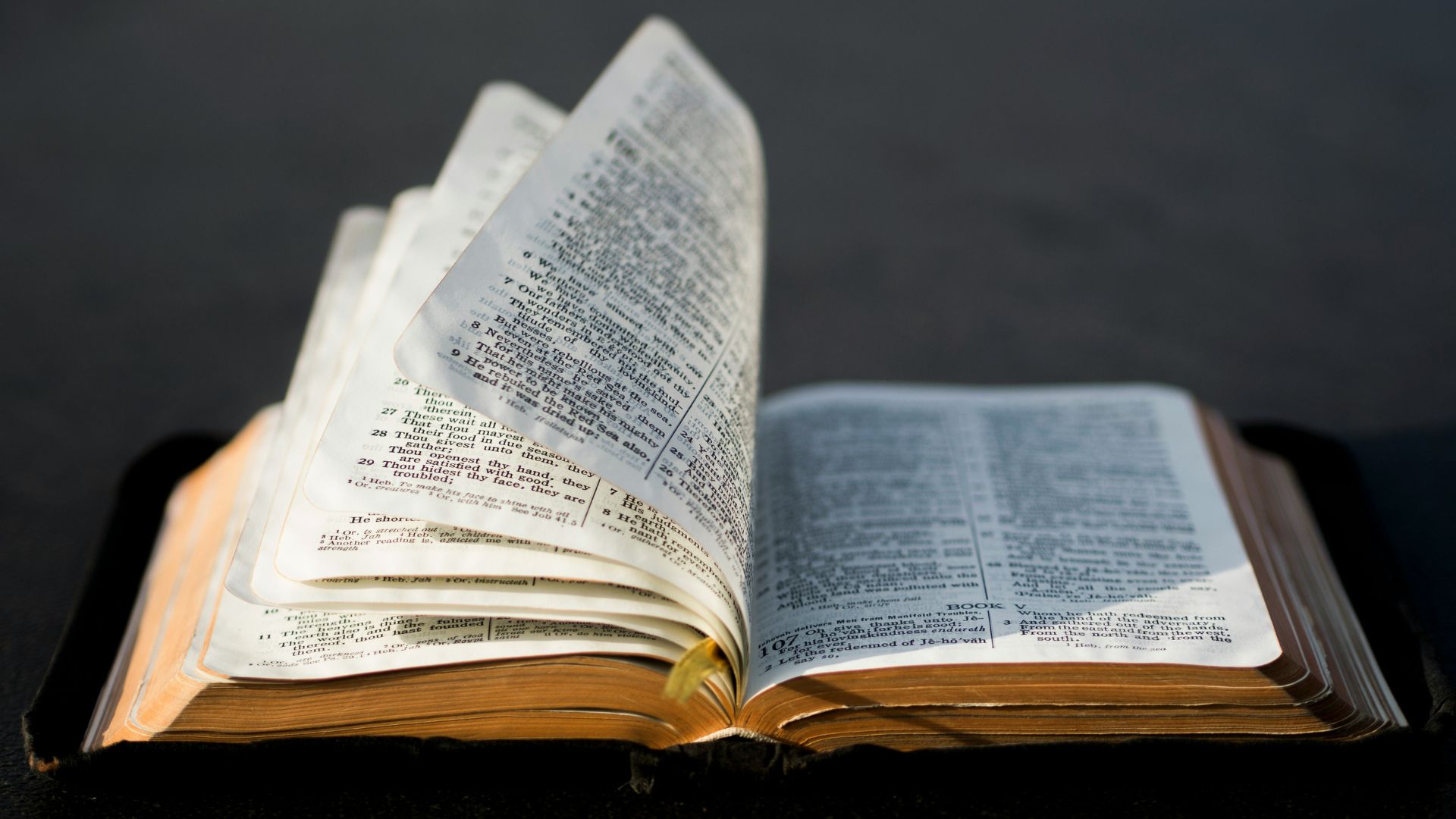
While the group’s spirits are down, the statement expressed the feeling that they wouldn’t give up, citing a divine plan.
“But WE WILL NOT BACK DOWN, and we will not lose hope. We know that there is a Divine plan in all of this, and that “all things work together unto good” (Romans 8:28),” said the statement.
Not Fully Dismissed

We the Patriots USA acknowledged the loss in court was a blow to religious freedom, but took the opportunity to share other recent good news.
“Our case against the State of Connecticut to restore religious exemptions was not fully dismissed by the Second Circuit, which allowed one of our claims to proceed – i.e., that a child with an Individualized Education Plan (IEP) is entitled to an education under the Individuals with Disabilities Education Act (IDEA),” said We the Patriots USA.
Stand With Us

In their statement, We the Patriots USA called upon their supporters to stand firm beside them as they continue their fight.
“So we are asking that you please continue to stand with us. We are engaged in a prolonged war to regain health freedom and religious liberty for as many children as possible. This was just one loss in a single battle, and does not define us,” the group said.
Reaction Online

The reaction to the court’s ruling online was divided. Some expressed worry about the possibility of sending their kids to school with unvaccinated children if the law had been overturned.
“I would not let my kids in a school that allowed unvaccinated children,” said X user Fran Bookheim.
My Body My Choice

One theme among health and religious freedom supporters was that the forced mandate of vaccinations violated a supposed principle of the other side: “my body my choice.”
“People need to worry about themselves and their families. It’s ridiculous just like the covid vaccine which people were forced to take to keep their jobs at some places – now living with side effects and still catching covid. It’s ridiculous. What happened to my body, my choice?” said X user Angela Catalano.
Other Religious Freedom Cases
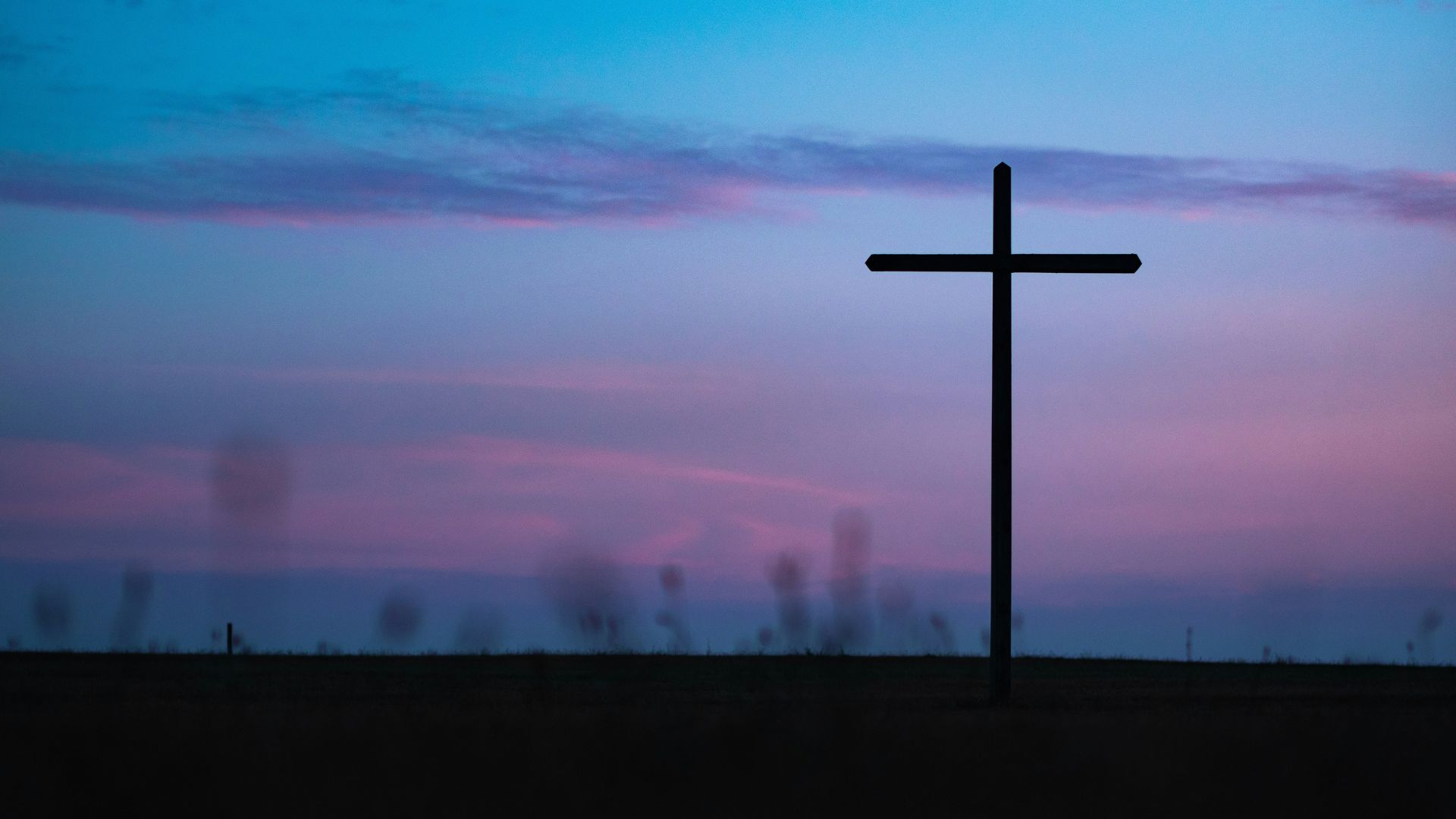
However, Festa has also revealed that he still has other legal cases challenging this Connecticut law, including one that was filed on behalf of a Christian daycare and preschool.
Festa said, “It is our practice at We The Patriots USA to battle on many fronts simultaneously, and to never put all of our eggs in one basket.”
Upholding the Connecticut Law
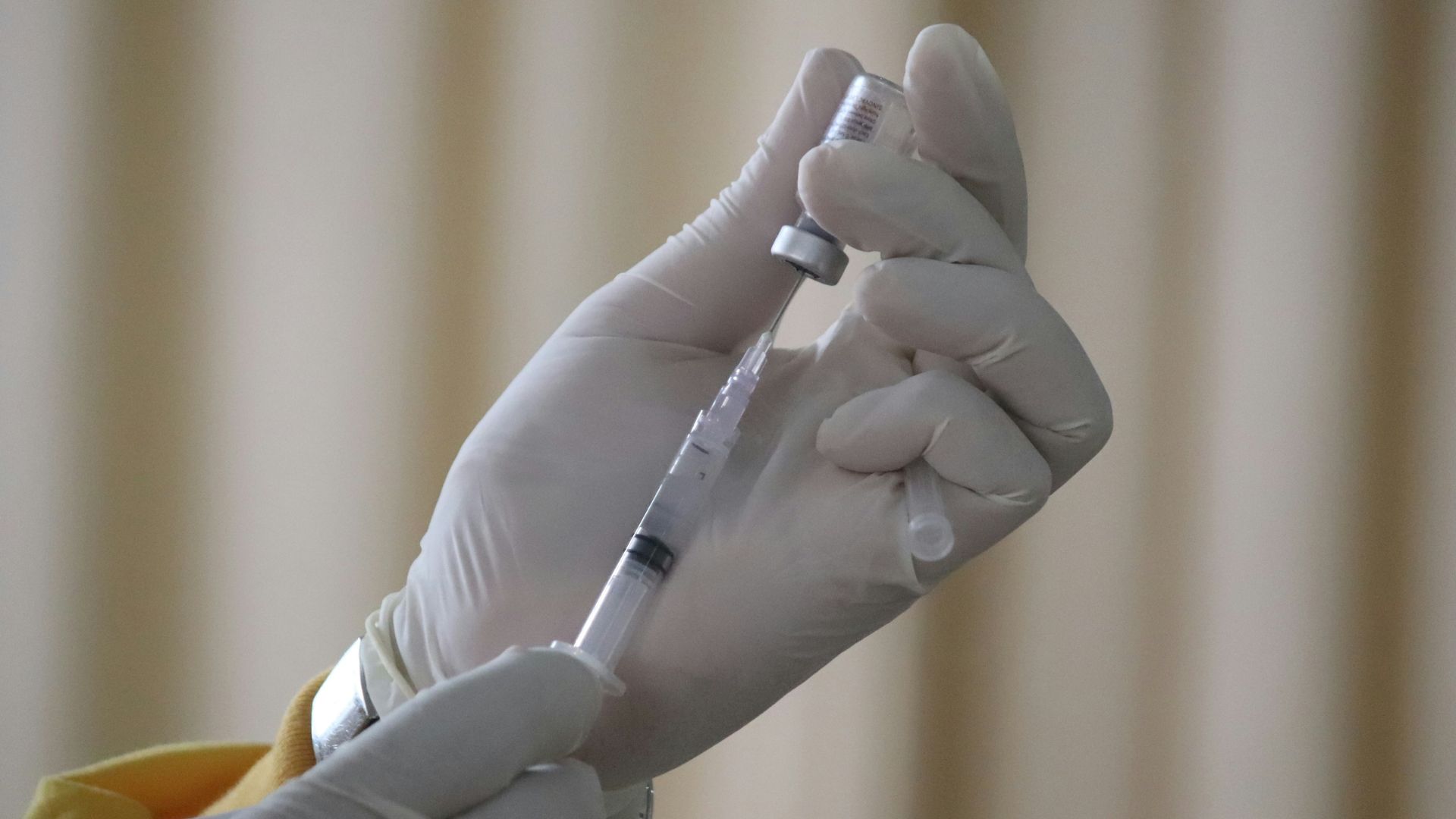
Meanwhile, Democratic Attorney General William Tong has welcomed this Supreme Court rejection, which allows the appeals court’s upholding of the Connecticut law to remain standing.
“This is the end of the road to a challenge to Connecticut’s lifesaving and fully lawful vaccine requirements,” Tong said. “We have said all along, and the courts have affirmed, the legislature acted responsibly and well within its authority to protect the health of Connecticut families and to stop the spread of preventable disease.”
Religious Freedom and Supreme Court Controversy
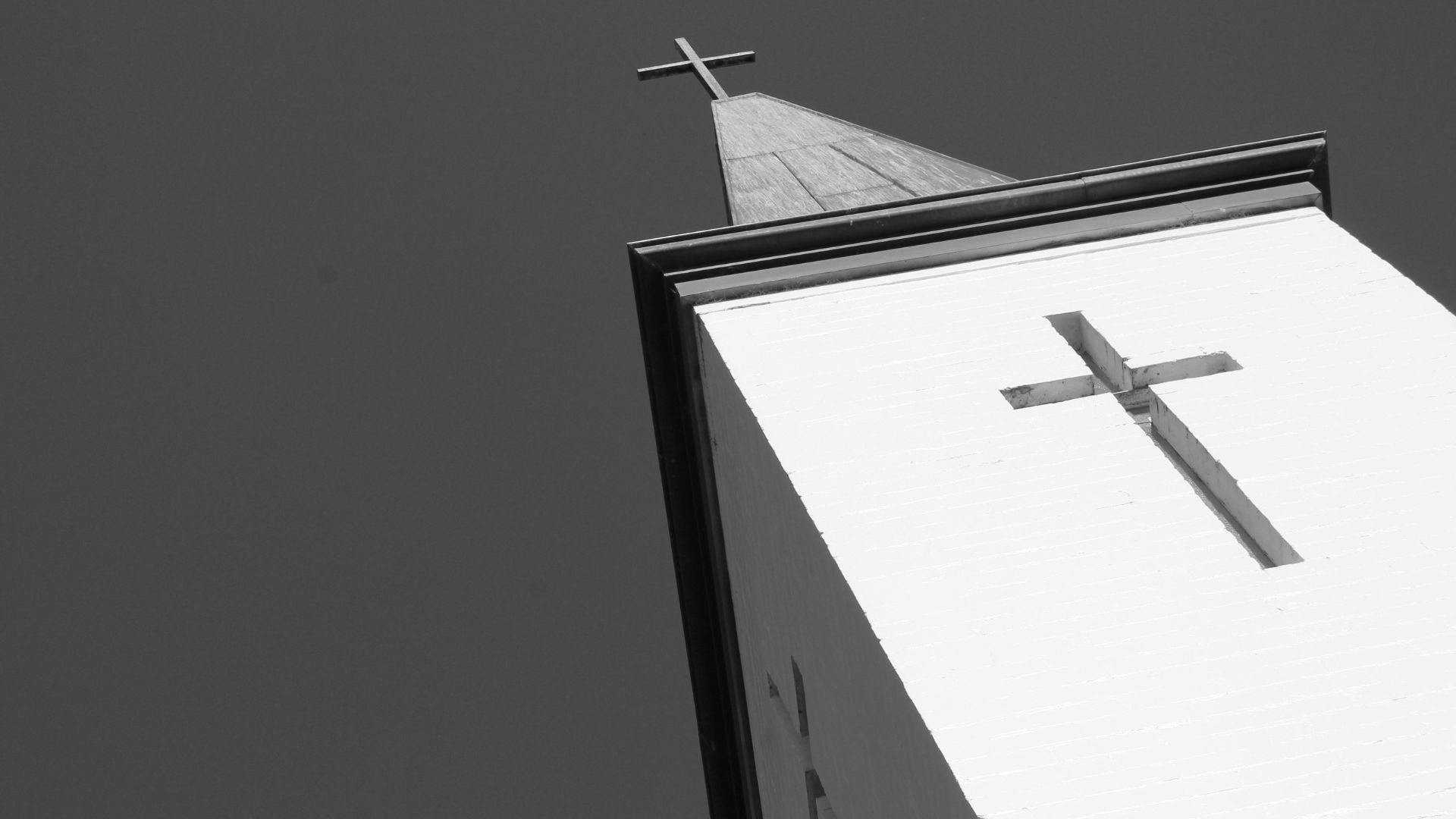
This rejection of a case dealing with religious freedom has surprised some critics of the Supreme Court, especially as various allegations have been made against Justice Alito.
Recently, Alito has faced intense criticism thanks to two controversial flags that were seen flying outside his home. One of these flags, an “Appeal to Heaven” flag, has reportedly been appropriated by Christian nationalists and insurgents during the January 6 Capitol riot.
Secret Alito Recordings
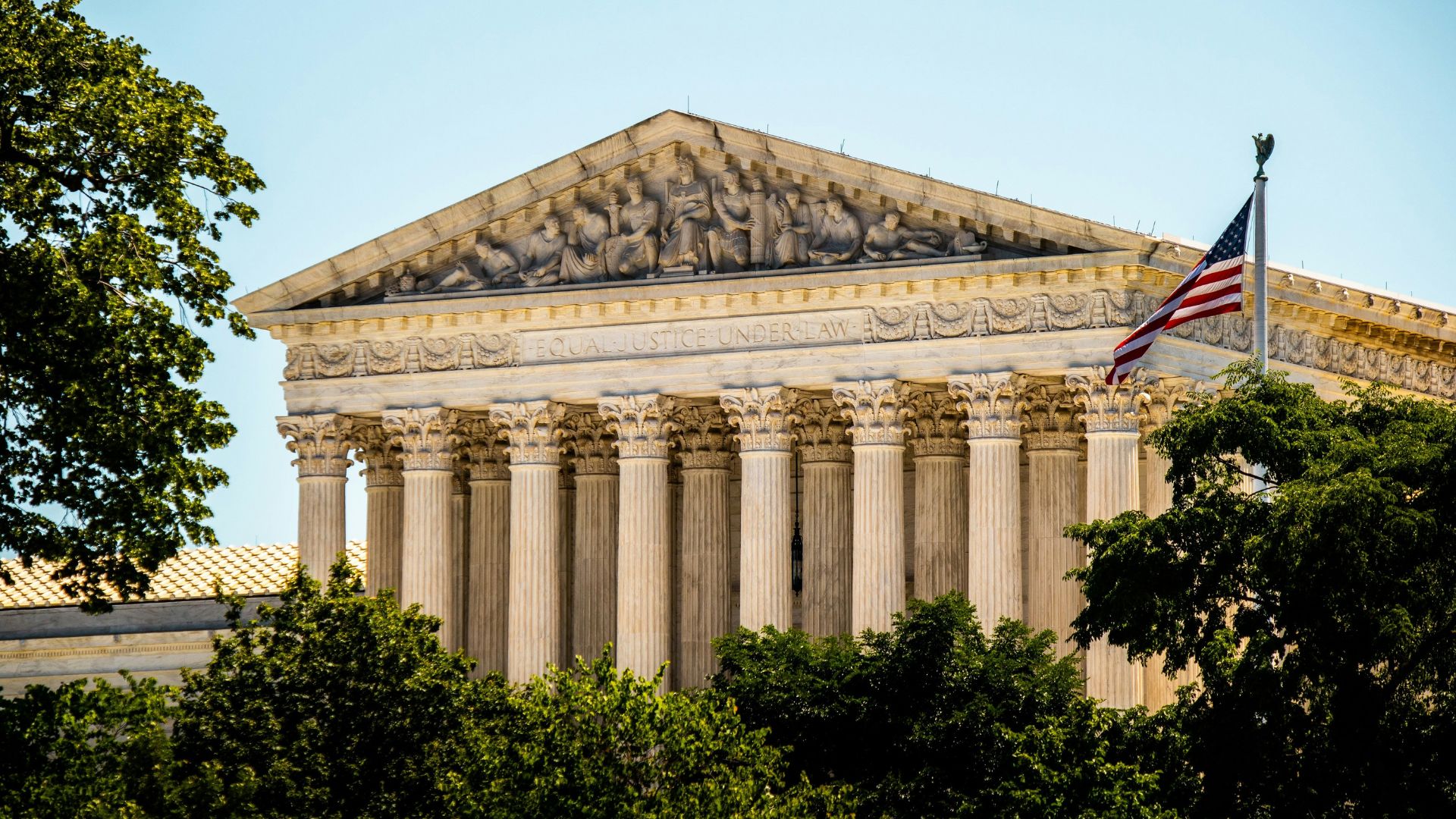
Most recently, more controversy has been revolving around Alito thanks to the reveal of secret tapings of the justice talking about his religious worldview.
According to these recordings, Alito agreed with a person who stated that the United States needed to return to a “place of godliness.”
No Supreme Court Comments
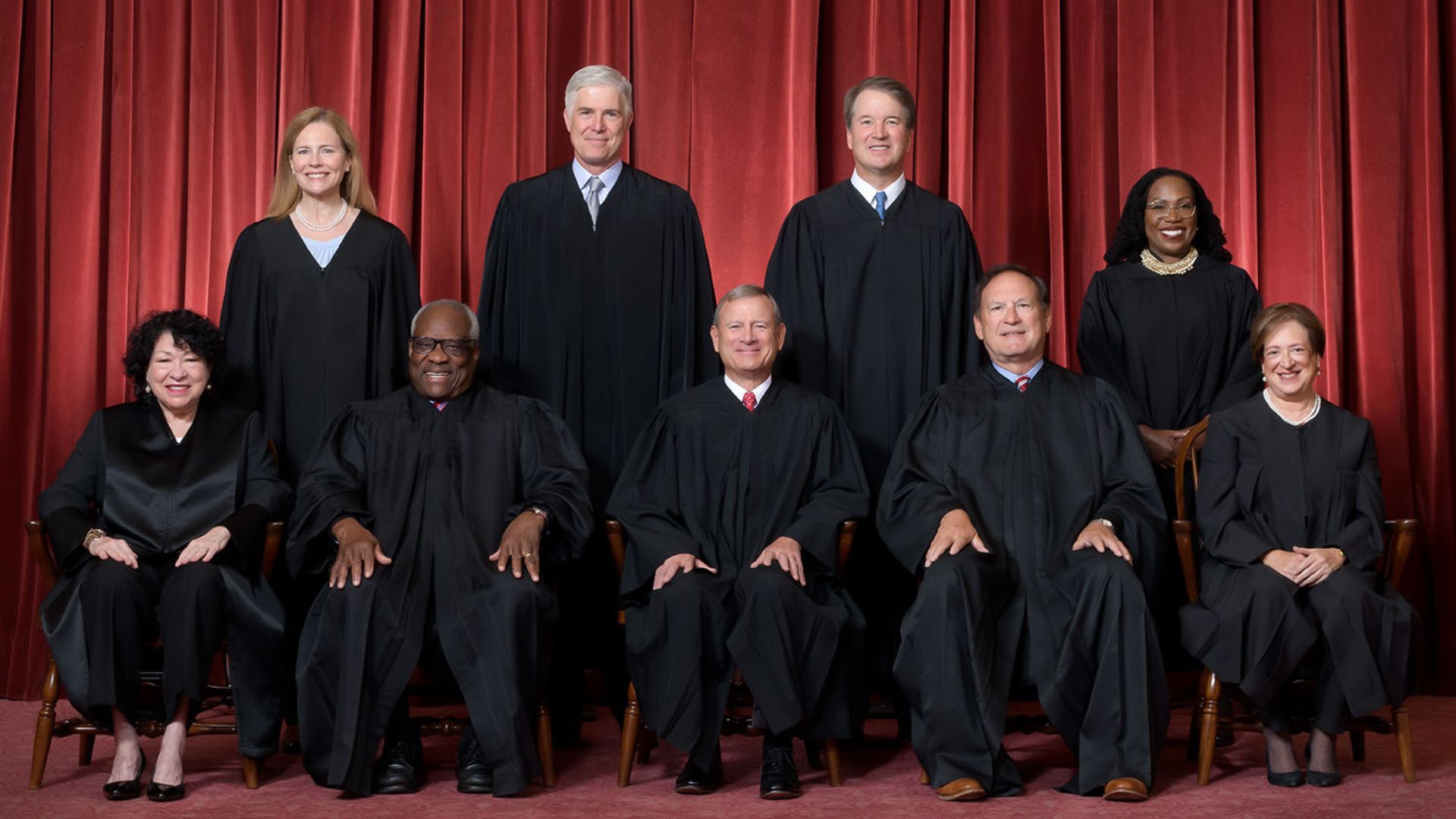
In revealing their rejection of the challenge of the religious freedom case, no Supreme Court justice left a comment to explain why they agreed upon this rejection.
For Christian conservatives who have backed Alito during these latest controversies, this court rejection may be a disappointment, especially for those who anticipated the Connecticut law would be struck down.
Vaccination Mandates Across the Country
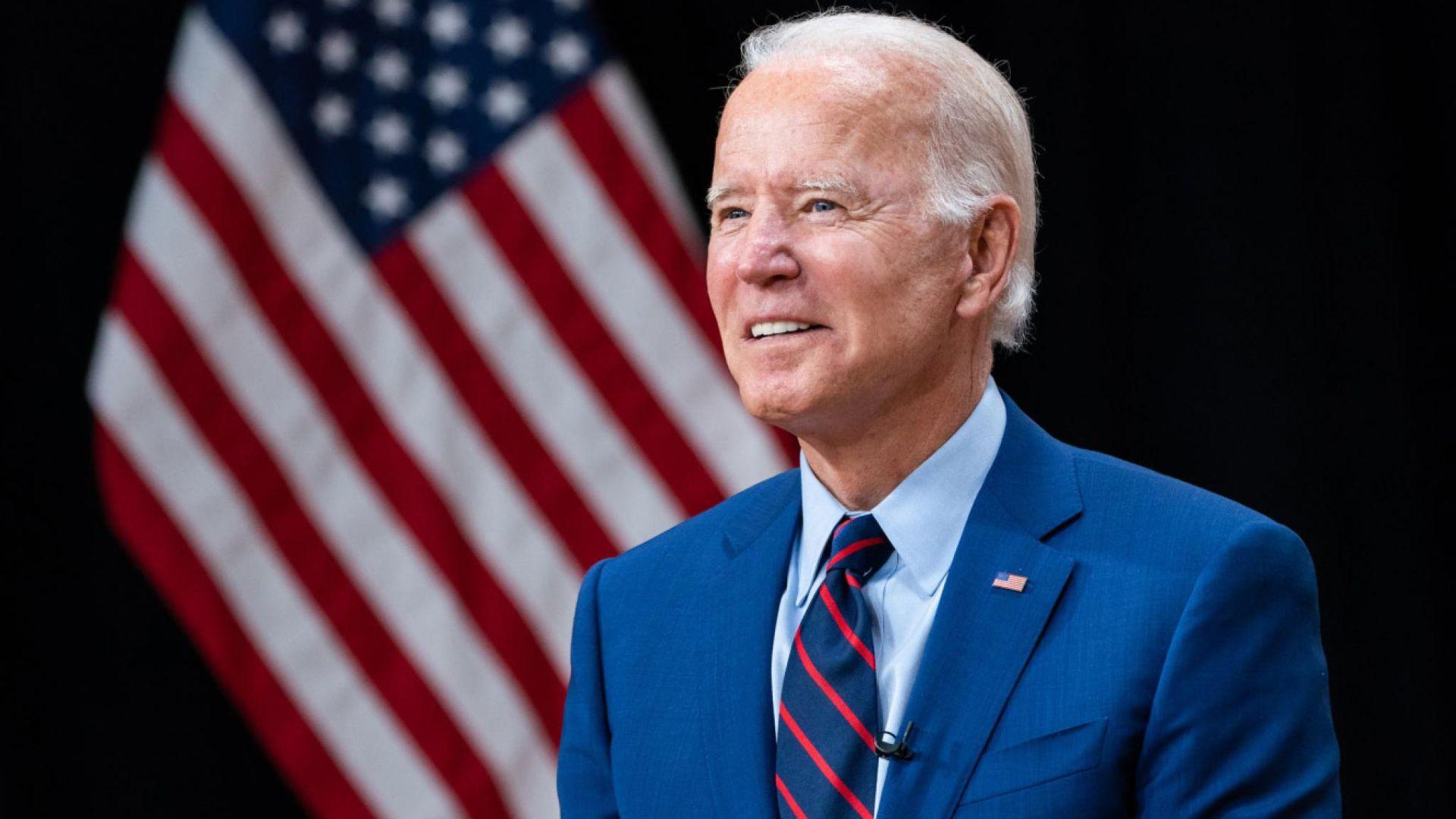
During the height of the pandemic, many states as well as the federal government took steps to enforce mandates for COVID-19 vaccination.
In 2021, President Biden announced mandates that required employers with 100 or more employees to ensure their workers were either fully vaccinated or took tests for COVID-19 on a weekly basis. These mandates were later rescinded in 2023.
North Carolina
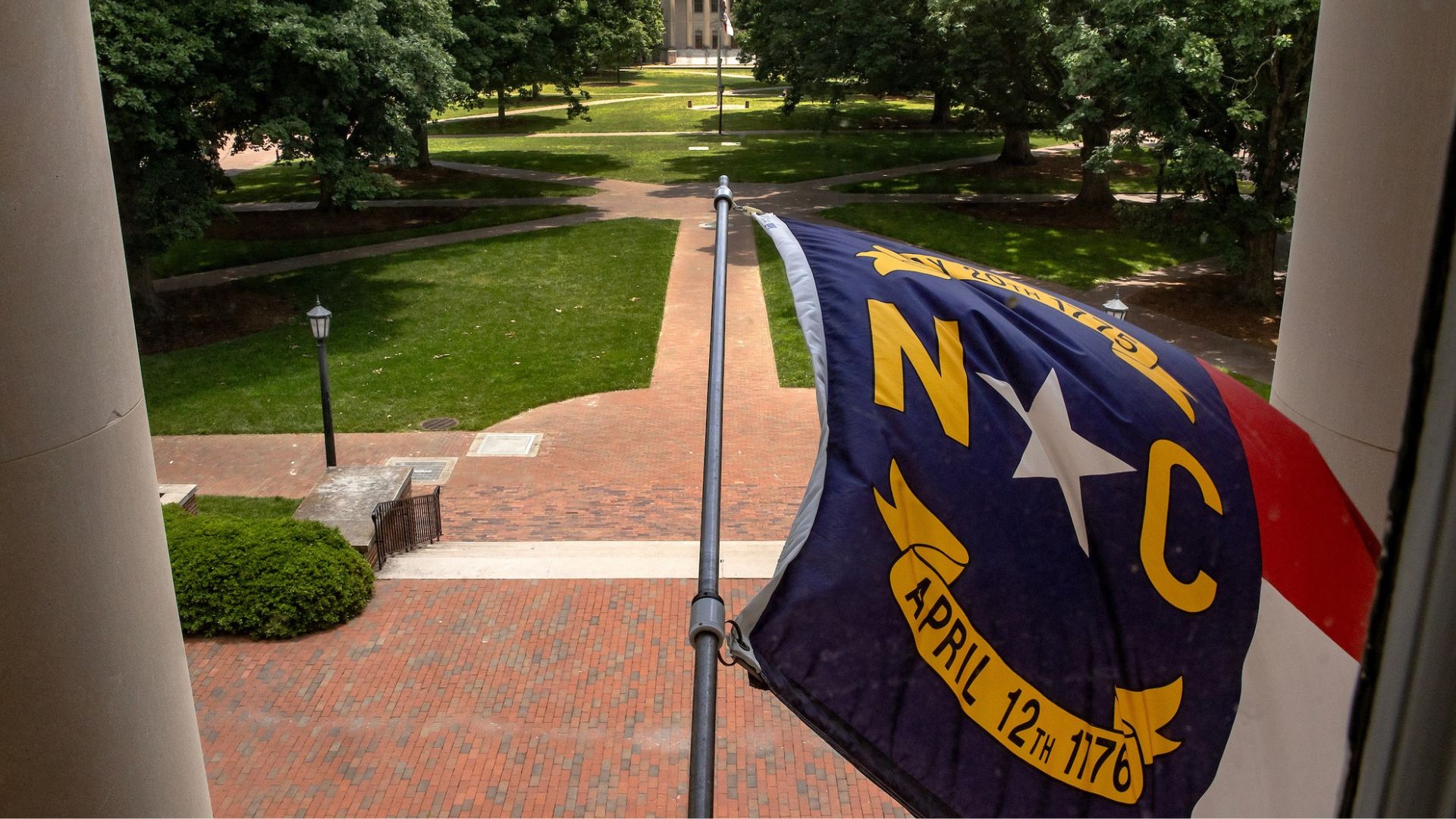
The state of North Carolina in 2021 required state government employees who were unvaccinated to wear masks to prevent the spread of the disease and undergo weekly testing.
However, in 2024, a new rule was added to prevent that prevented state agencies from denying employment to those who refused to provide proof of vaccination. Exemptions for this rule include employees who need to submit COVID-19 vaccinations for the Centers for Medicare and Medicaid services employees of an entity receiving federal funding, and a few others.
Mandate Bans
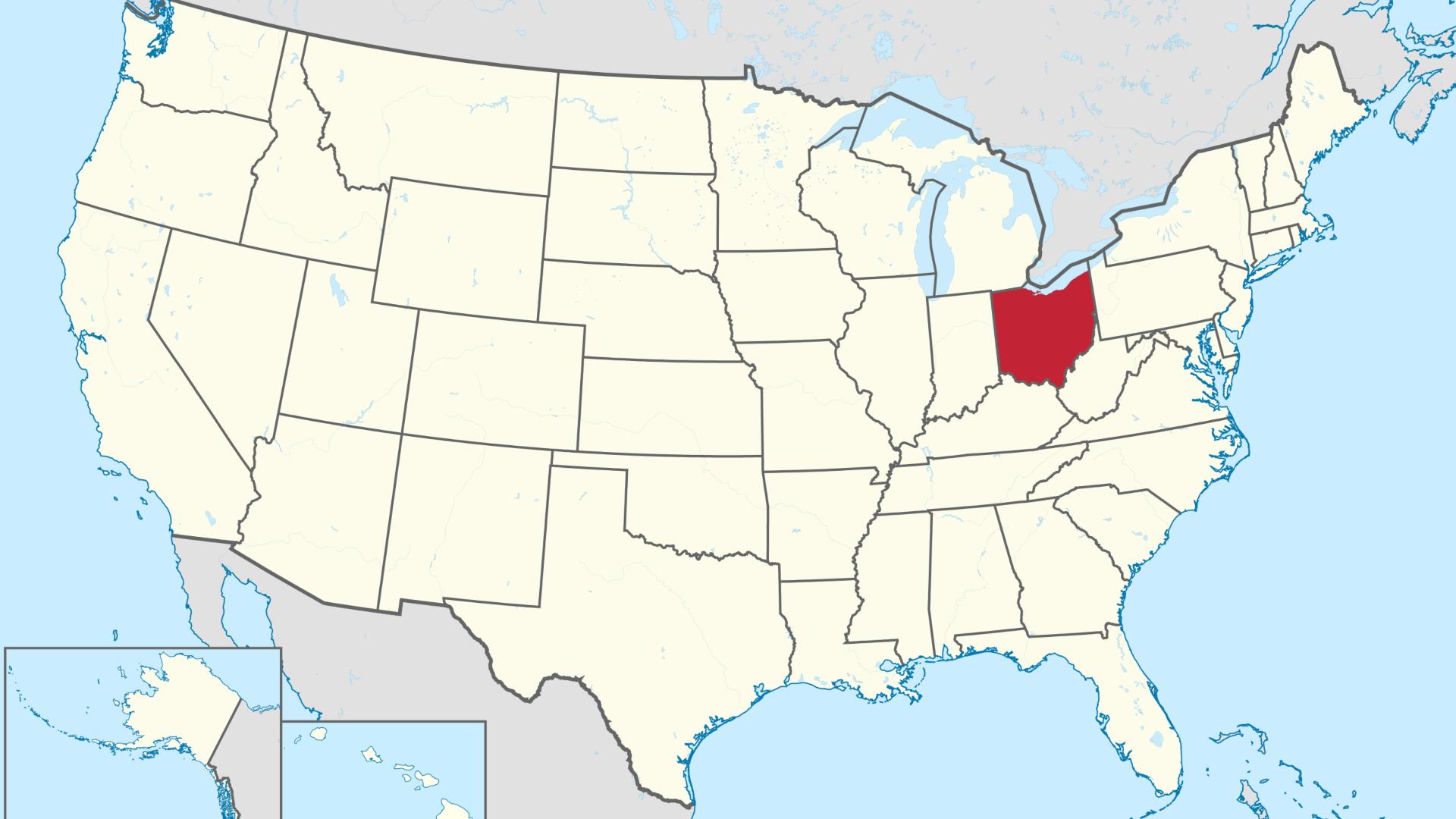
In response to state and federal rules that put increased requirements for residents to get vaccinated, some states went in the other direction into trying to ban such requirements.
In late 2021, an anti-vaccine mandate made it through the Ohio State House though ultimately was not adopted. Earlier in the year, Ohio Governor DeWine signed a bill banning vaccination requirements in public schools and universities.
Florida

In 2023, a rule in Florida went into effect that businesses and government entities weren’t allowed to require workers to provide proof of vaccination or proof of COVID recovery.
Businesses were also prohibited from discriminating against unvaccinated employees for COVID-19 or any other disease.
Georgia
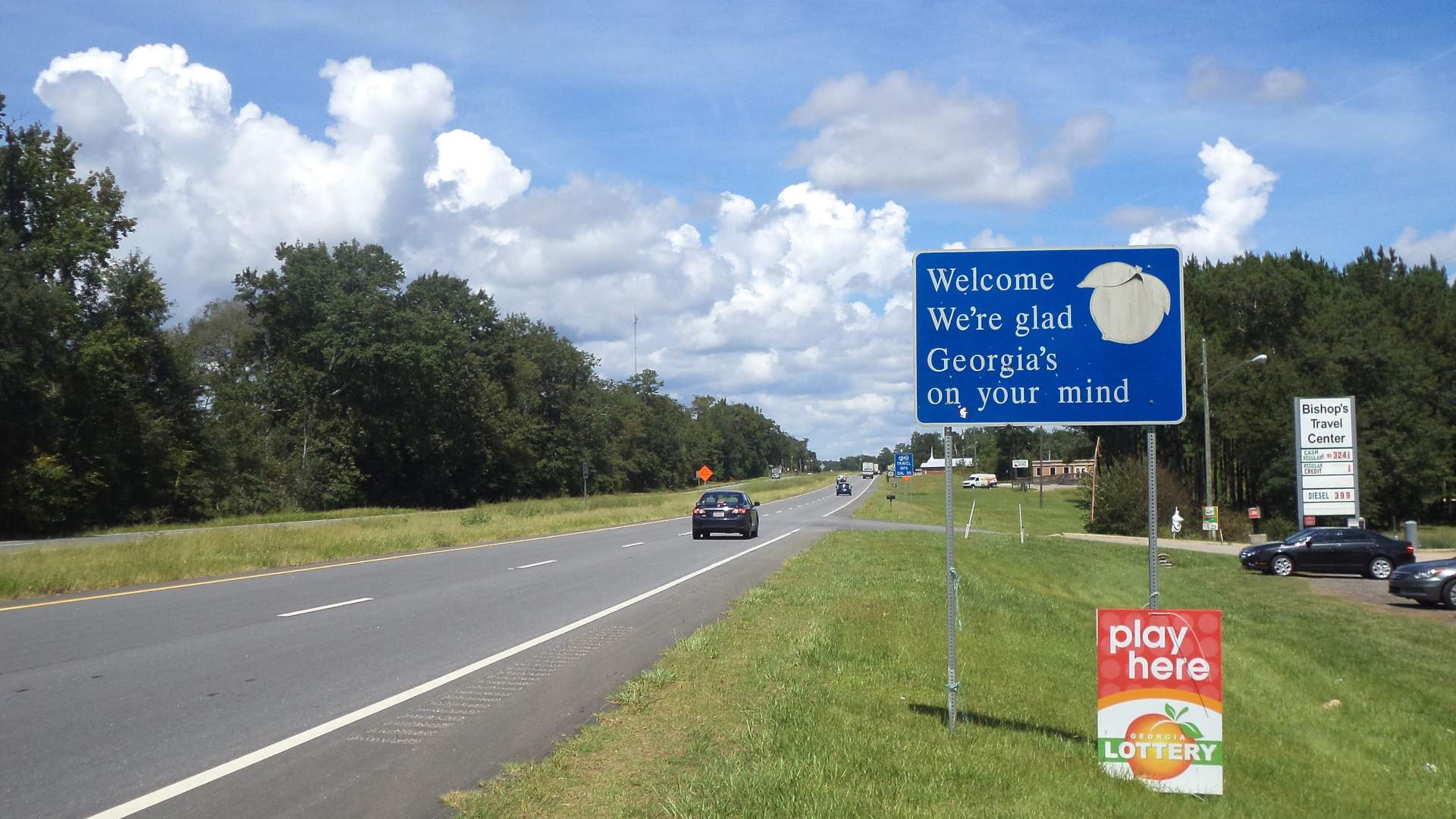
As of 2022, Georgia prohibits state and local entities from demanding proof of COVID-19 vaccinations, and state entities are barred from requiring someone to show proof of vaccination to use services or facilities.
Previously, Georgia had banned the practice of vaccine passport programs and compelling private businesses to enact vaccine requirements.
